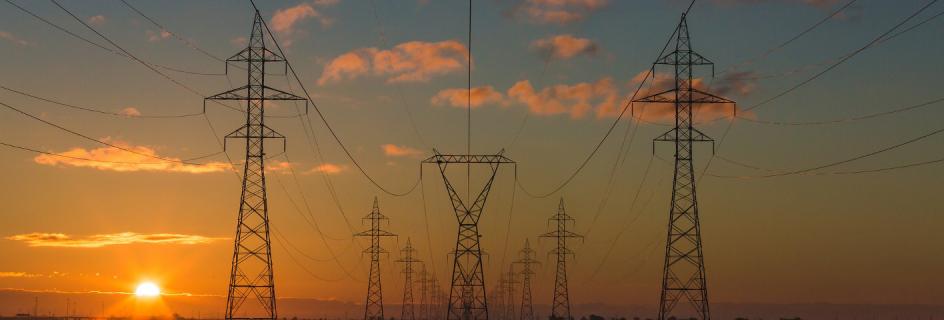Post date:
The School's Professor Gareth Harrison sits on the expert group, whose membership is drawn from across the energy supply sector and academia in Scotland. The group advocates three immediate priorities in their snap shot report:
- That the networks should develop a shared vision of how energy demand will evolve;
- That networks which are regulated bodies should be able to share aspects of operational and planning information;
- That the satisfaction of energy customers and citizens should be visibly demonstrated in all moves to decarbonisation of the energy networks.
The Getting to Net Zero working group is a short-term working group convened by Energy at Edinburgh (University of Edinburgh), the Scottish Fuel Cells and Hydrogen Association, and the Centre for Energy Policy (Strathclyde University), with members drawn from the energy networks sector.
The group met between September and November 2019 to lay out members views, reflective of the practical experience of those engaged today in delivering carbon-free energy to end users. Faced with the urgent and hugely complex challenge of delivering the net zero greenhouse gas target* for 2045 the working group believe that the right first moves should be to identify and remove the very practical, and unglamorous, barriers to longer term success which exist today.
The report was launched on Monday 25 November 2019 at the ‘Net Zero and the Future of Energy’ seminar. The event’s key note speaker was Chris Stark, CEO of the Committee on Climate Change (CCC) which is an independent, statutory body established under the Climate Change Act 2008 to advise the UK Government and Devolved Administrations on emissions targets and report to Parliament on progress made in reducing greenhouse gas emissions and preparing for climate change.
It is the first in a series of seminars running until March 2020, addressing how the energy system in Scotland and the UK should progress in getting to the net zero targets.
*The UK Committee on Climate Change (CCC) report on Net Zero – The UK’s contribution to stopping global warming recommended that the UK’s objectives for GHG emission should be “net zero by 2050”, and that Scotland should adopt a target of net zero by 2045. The Scottish Parliament is now in the process of putting this into law.



